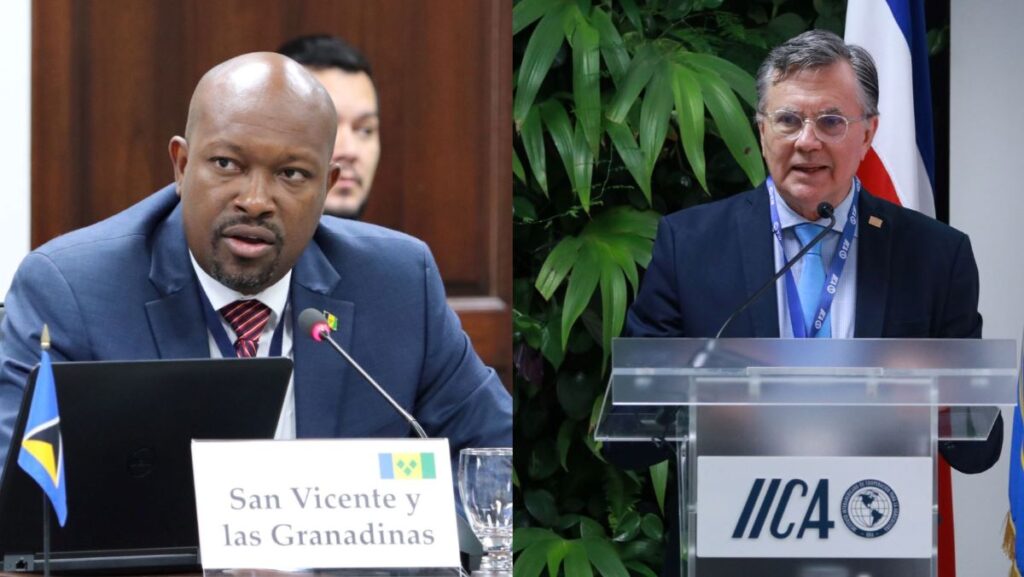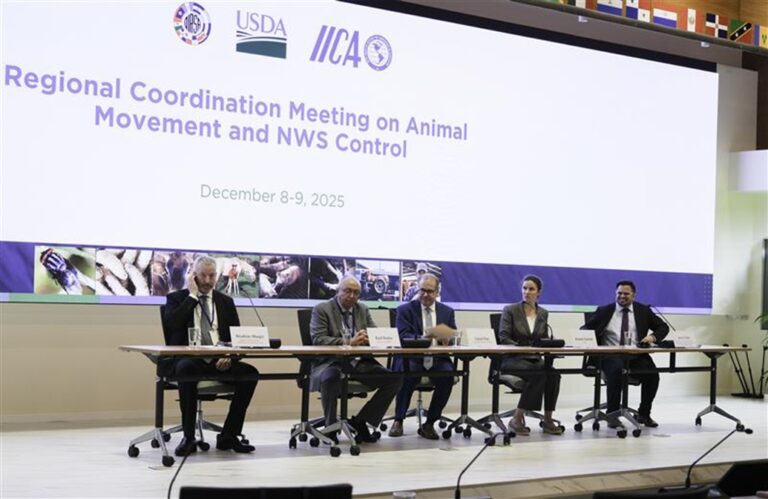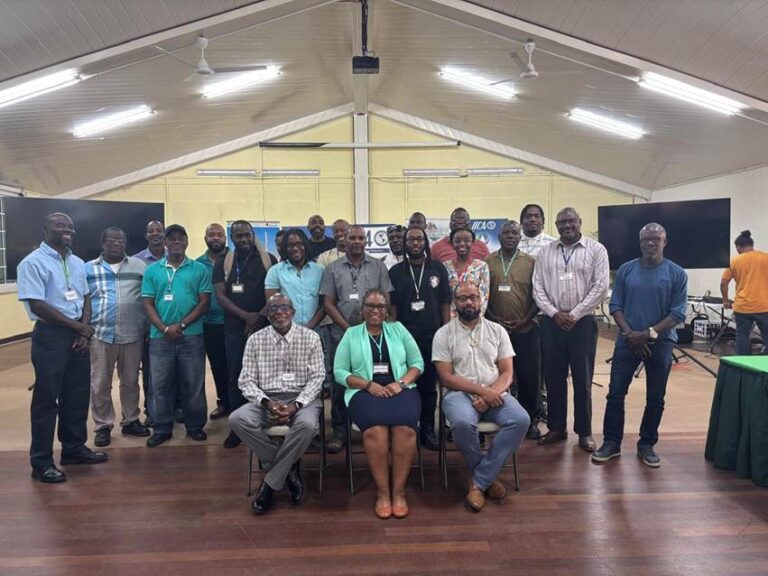
San Jose, 14 August 2025 (IICA) – Agriculture in the Americas is in urgent need of greater international financing to intensify its transformation, thus enabling greater productivity, sustainability and resilience to extreme climate events.
Specialists expressed this view at the opening of an international seminar on agriculture, organized by the Inter-American Institute for Cooperation on Agriculture (IICA) and followed by more than 250 people throughout the hemisphere.
The virtual seminar, held over a three-day period, pinpointed financing as a key contributor to agrifood system transformation.
The discussions touched on how the main financing mechanisms of private foundations and cooperation agencies operate and spoke about opportunities to scale up sustainable agricultural projects in the region through private funding. They also explored the role of international climate financing mechanisms and multilateral banks in supporting agriculture’s transition to more sustainable and climate-resilient models.
Saboto Caesar, Minister of Agriculture, Forestry, Fisheries, Rural Transformation, Industry and Labor of Saint Vincent and the Grenadines; Manuel Otero, IICA Director General; Lloyd Day, IICA Deputy Director General; Eugenio Díaz-Bonilla, economist and advisor to IICA; and Institute specialists, Federico Sancho and Fernando Schwanke, participated in the opening of the seminar.
Minister Caesar spoke about the reality of farmers in his country—a nation of only 110,000 inhabitants—and the pressing need for financing, given the country’s vulnerability to natural disasters.
Caesar noted that, “This is undoubtedly an immensely important issue. Financing is crucial for small-island states. The first step is to ensure that all stakeholders across the globe understand how climate impacts agricultural production cost increases. Farmers are readjusting all their income and expenditure calculations because of climate events”.
Moreover, he noted that, “At the end of the day, without financing, Caribbean countries can never end our food import dependence or claim that we have food sovereignty”.
The minister called attention to the need to develop specific budgets for agricultural recovery in the event of natural disasters, because general funds prioritize humanitarian assistance or housing-related matters.
“I would like to thank IICA for this call to action. The organization is mindful of the fact that public financing will not be enough, and it has the prestige and technical expertise to ensure private sector involvement”, he concluded.
Extreme events
Manuel Otero maintained: “We need more and better financing. The Americas needs between 30 to 40 billion dollars to transform its agrifood systems, but we still have a far way to go. Less than 5% of global climate financing is destined for agriculture, although it is in essence an open-air factory, and therefore one of the sectors most affected by extreme climate events.”
“Without sufficient resources, it will be difficult to innovate, improve infrastructure and strengthen agricultural resilience to climate change”, warned the IICA Director General.
Otero spoke about IICA’s work in building bridges of trust among stakeholders committed to agricultural and rural transformation.
“In collaboration with our donors and financers—he said—we are responsibly tackling trade challenges, the re-emergence of pests and diseases that we thought had been eradicated and extreme events. There are many challenges and thus we require more and better financing”.
Eugenio Díaz Bonilla gave an in-depth account about what financing is available, who can access it and for what type of projects. He also presented an analysis of financial flows in agriculture.
Thus, he indicated that the main source of funds for all operators of agrifood system value chains is consumption. He then went on to explain in detail the composition of external flows, such as international development funds, public budgets and the banking system.
Díaz-Bonilla acknowledged that there are several international climate financing funds today, but that they are awarding limited funding, even though at the last COP meeting in Azerbaijan, the climate finance commitment for developing countries was increased from 100 billion to 300 billion dollars annually.
“Agriculture must improve its productivity, and the technology that can make this happen is available. Having an integrated platform to bring together farmers, investors and technology is imperative”.
Federico Sancho explained how the Hemispheric Fund for Agricultural Resilience and Sustainability (FoHRSA) works. The initiative was created by IICA at the request of the ministers of Agriculture of the Americas.
As a first concrete step, six strategic projects have been approved with an initial investment of two million dollars of catalytic capital, provided by IICA. This investment is aimed at addressing urgent threats and strengthening sustainability and innovation in agrifood systems.
The projects in question address issues such as combatting fusarium in sugarcane production in Belize, seed quality in the Caribbean, the eradication of the cattle screwworm in Mexico and Central America, and innovation in water management in Argentina and Chile.
FoHRSA is taking its first steps and seeking to mobilize 500 million dollars by 2030 – 450 million of which will come from the public sector and philanthropy, with the remaining 50 million sourced from the private sector.
More information:
Institutional Communication Division.
comunicacion.institucional@iica.int











